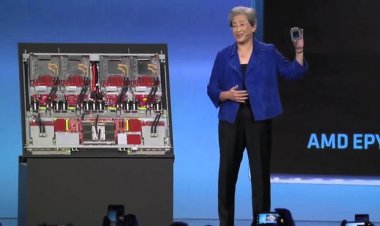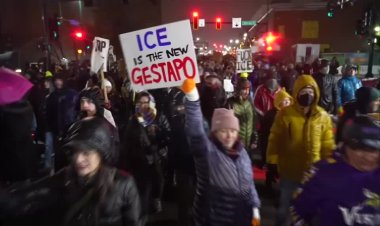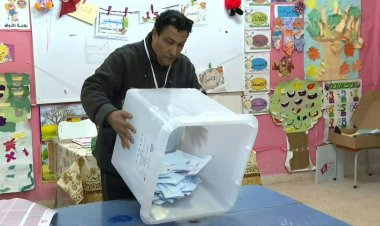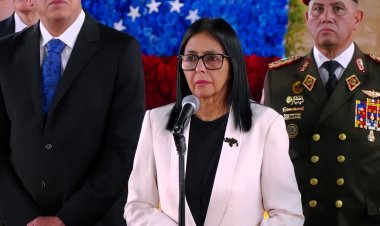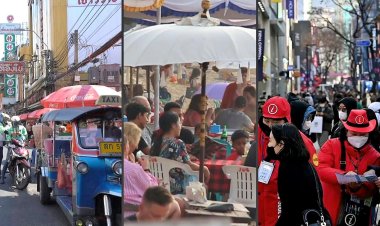Jean-Marie Le Pen dies at 96
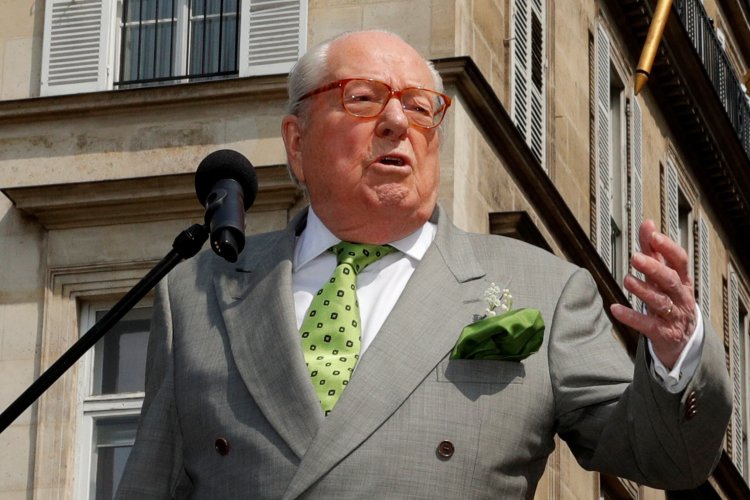
Jean-Marie Le Pen, the founder of France's far-right National Front party who tapped into blue-collar anger over immigration and globalisation and revelled in minimising the Holocaust, died aged 96.
The career politician was a major figure of the French far-right, which remained centred around him for decades, before his daughter Marine took over the then National Front, now known as National Rally.
Jean-Marie Le Pen spent his life fighting - as a soldier in France's colonial wars, as a founder in 1972 of the National Front, for which he contested five presidential elections, or in feuds with his daughters and ex-wife, often conducted publicly.
Controversy was Le Pen's constant companion: his multiple convictions for inciting racial hatred and condoning war crimes dogged the National Front.
His declaration that the Nazi gas chambers were "merely a detail" of World War Two history and that the Nazi occupation of France was "not especially inhumane" were repulsive for many people.
Those comments provoked outrage, including in France, where police had rounded up thousands of Jews who were deported to the Nazi death camp at Auschwitz.
Hundreds of Parisians gathered in the capital's Republic Square, to celebrate the death of French far-right politician Jean-Marie Le Pen.
People could be seen opening bottles of Prosecco, lighting flares and throwing confetti in the air, while chanting "he is dead, he is dead."
Le Pen helped reset the parameters of French politics in a career spanning 40 years that, harnessing discontent over immigration and job security, in some ways heralded Donald Trump's rise to the White House.
Le Pen was the scourge of the European Union, which he saw as a supranational project usurping the powers of nation states, tapping the kind of resentment felt by many Britons who later voted to leave the EU.
Le Pen reached a presidential election run-off in 2002 but lost by a landslide to Jacques Chirac. Voters backed a mainstream conservative rather than bring the far right to power for the first time since Nazi collaborators ruled in the 1940s.




